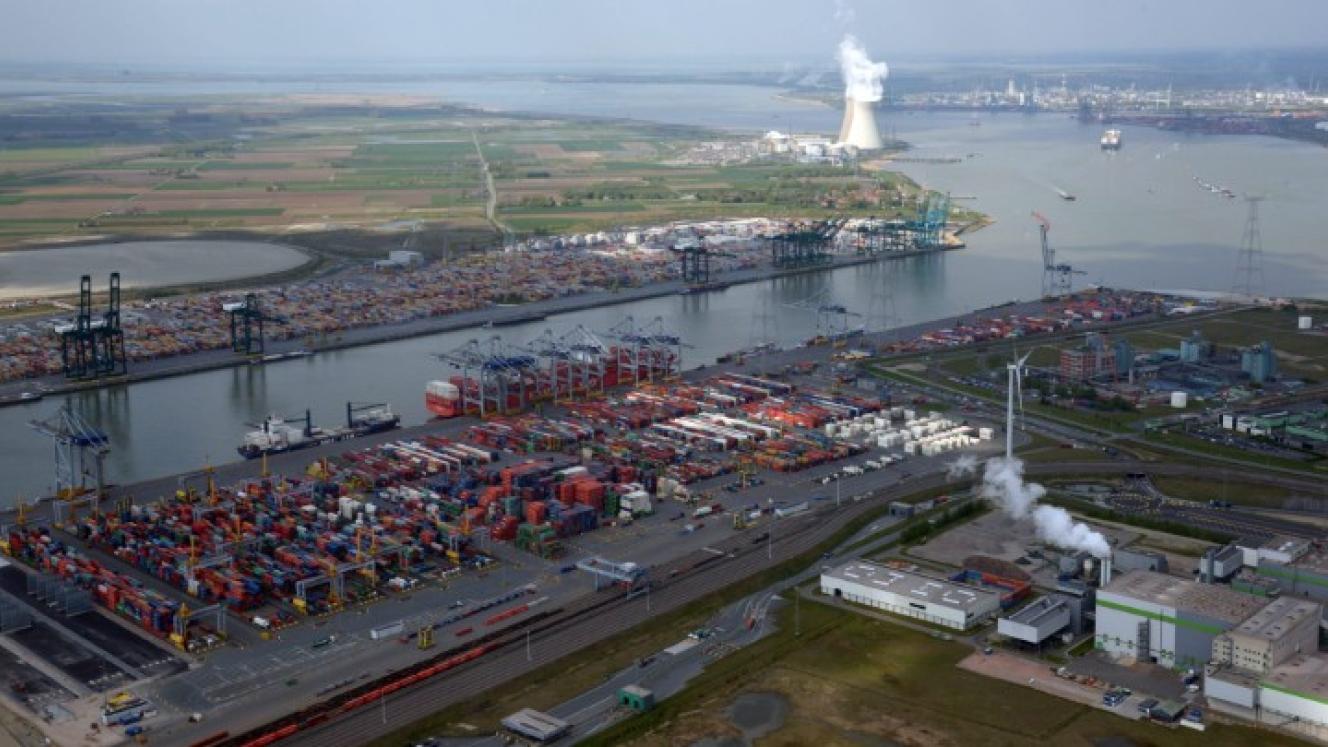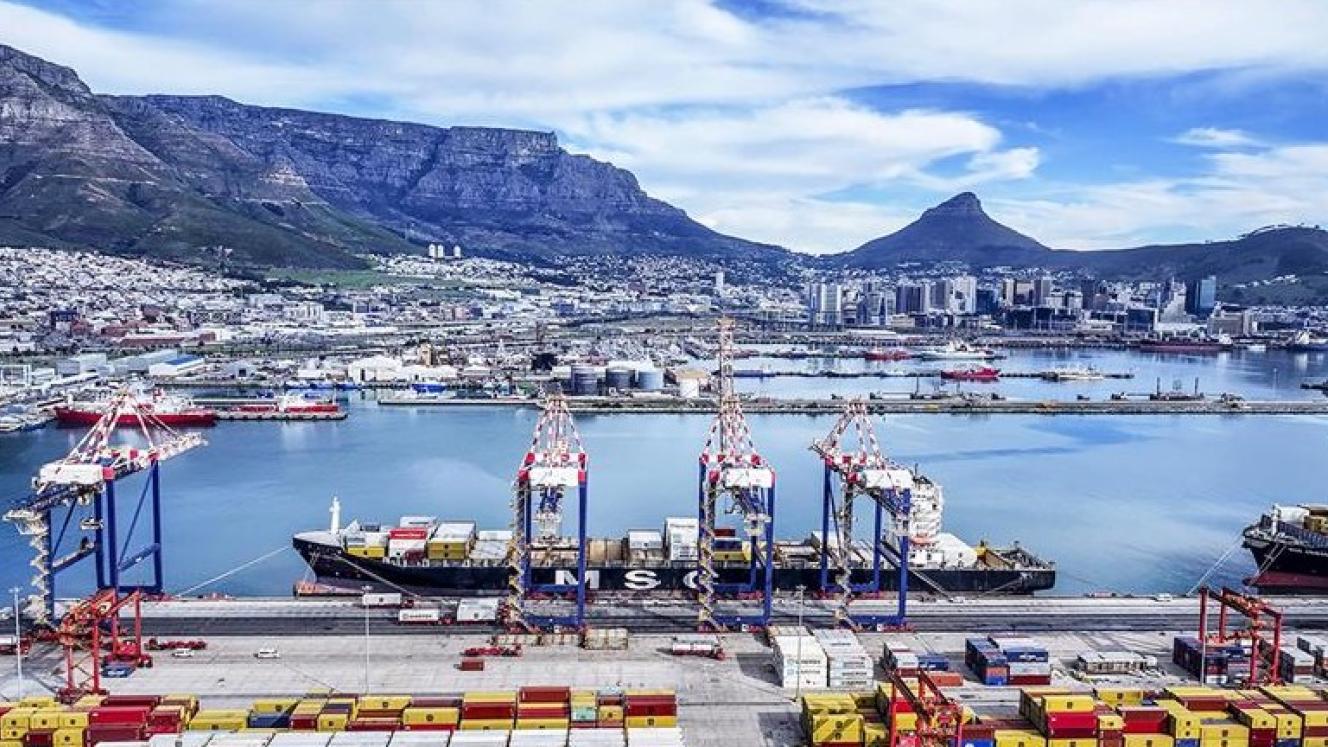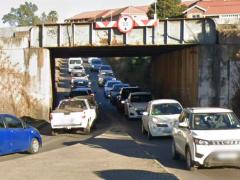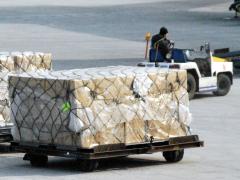An investigating judge at the Antwerp Court has issued a dire warning: the city's sprawling container port, Europe's cocaine gateway, is morphing Belgium into a "narco-state", dominated by mafia-like smuggling syndicates.
"Extensive mafia structures have taken hold, becoming a parallel force that challenges not only the police but also the judiciary," the judge wrote in an open letter to Belgium's Justice Committee.
The judge, who penned the letter anonymously, paints a picture of an illegal economy, rampant corruption and outsourced violence that now threatens the foundations of the rule of law.
The letter, published on Monday on Belgium’s official courts website, lays bare how Antwerp's docks, which handle over 14 million TEUs of cargo annually and saw a record 90 tonnes of cocaine seized last year, have become a billion-euro black market hub.
Drawing from the judge's own probes, the letter spotlights the Sky investigation's revelations of a "parallel economy in our port, a billion-dollar economy operating outside official channels”.
The investigation led to the 2021 takedown of Sky ECC, an encrypted mobile communications platform used by international drug cartels to coordinate cocaine smuggling operations.
Dirty cash from drug hauls is flooding real estate, inflating home prices and squeezing ordinary citizens, while "money laundering rings … remain untouched; there aren't enough specialised investigators”.
Corruption, the judge warns, is "permeating our institutions from the ground up” as port workers are lured or coerced.
"Moving a container, a 10-minute job, earns €100 000, and moving a sports bag, €20 000 – sometimes €50 000."
Arrests in cases presided over by this judge – one of 17 in Antwerp – have snared "key port employees, customs officers, police officers, counter staff in various cities and municipalities, and, unfortunately, also justice officials in prisons and even here in this building”. Insecure IT systems compound the rot, enabling leaks that sabotage probes.
Violence is the gangs' brutal enforcer. Syndicates deploy "murder, torture and kidnapping, sometimes targeting innocent civilians”.
He warns that hits are commodified via social media.
“A home attack with a bomb or weapons of war, a home invasion or a kidnapping are all easily ordered online. You don't even need to go to the dark web; a Snapchat account is all it takes. Moreover, it's not even expensive; often, a few hundred euros is enough,” he writes.
Judges themselves are in the crosshairs. The author recounts four months in a safe house amid "imminent, tangible threat to their person, their family and their home”.
He added that colleagues now dodged cases via recusal requests and warned there might be a tipping point.
"How long will it be before a colleague feels compelled, for their own safety, to conjure up a procedural error to avoid having to sign a conviction?"
He wrote that the consequences of cellphone use in prison appeared to be “seriously underestimated”, with inmates orchestrating hits and fresh cocaine imports.
"A very large number of these attacks appear to have been ordered from within the prison," the judge warned.
"We're facing an organised threat that undermines our institutions. Are we evolving into a narco-state?" The triad of "illegal economy, corruption and violence" was already eroding democracy, turning jurists into "soldiers on the front lines without backing”, he wrote.
In the letter he called for anonymous rulings; a dedicated Interior-Justice contact with threat protocols; full insurance for attack damages; shielded addresses in national databases; and "a closed system of signal blocking in all penitentiary institutions”.
"This isn't a complaint, nor are we asking for applause or praise. We're asking for a government that takes responsibility for protecting its own foundations. The question is not whether the rule of law is threatened – it already is. The question is how our state will defend itself,” the judge wrote.













